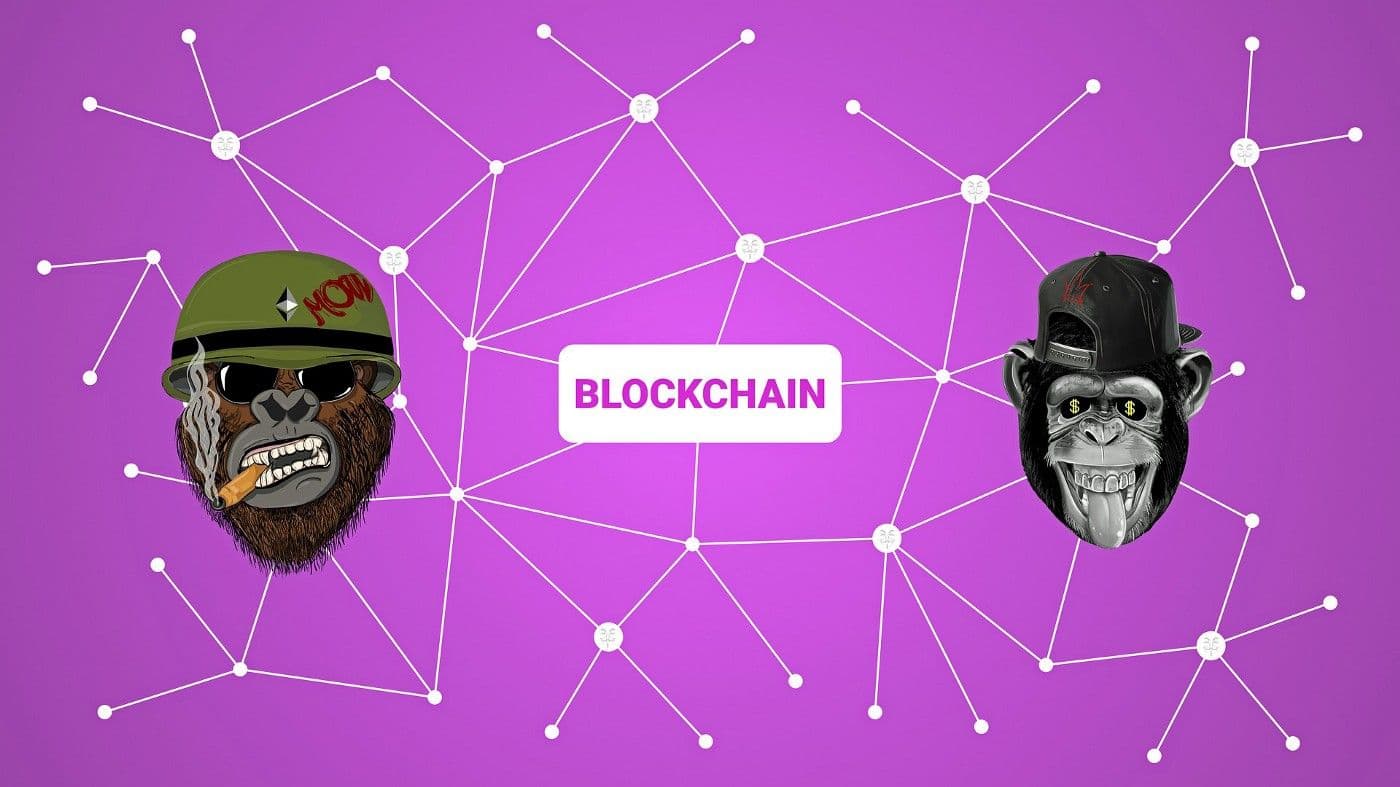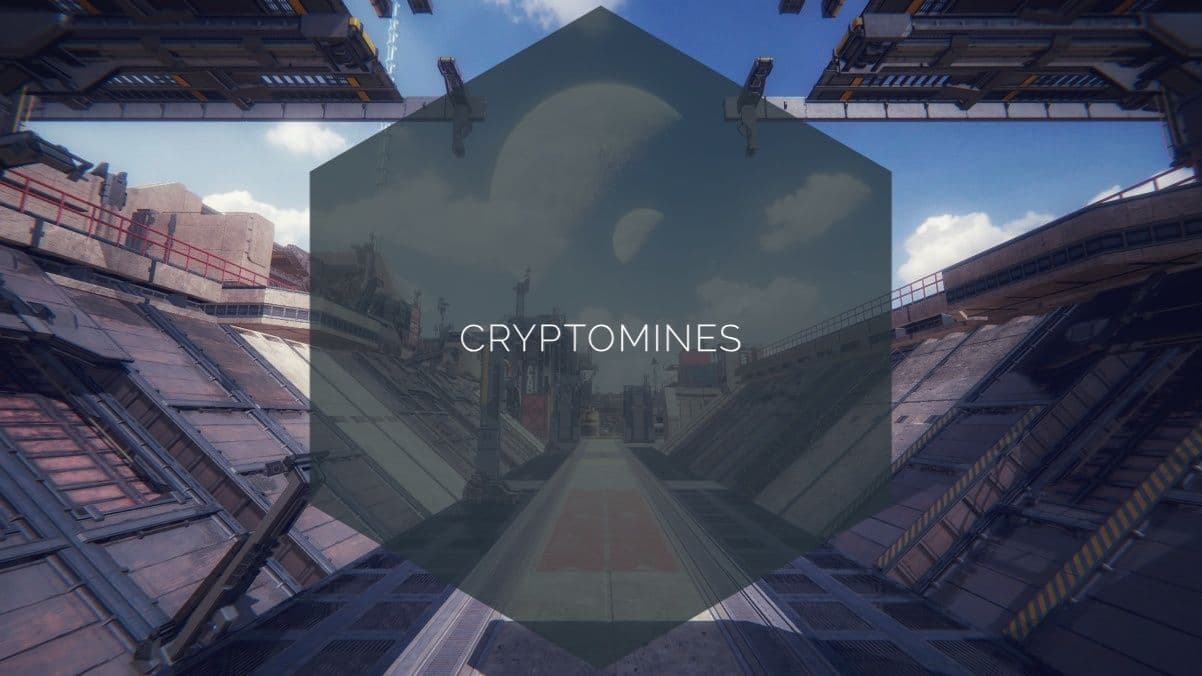Top 10 Crypto Gaming Coins: An Overview
These coins are intrinsic parts of gaming ecosystems. Let's dive into the top 10 crypto gaming coins. Let's take a look at this.

As the worlds of blockchain and gaming continue to overlap, the rise of crypto gaming coins has emerged as a groundbreaking trend. These coins are intrinsic parts of gaming ecosystems, providing an array of benefits such as in-game transactions, rewards, governance, and more. Let’s dive into the top 10 crypto gaming coins that are making a significant impact in this sphere.
Crypto gaming, also known as blockchain gaming or NFT gaming, is a novel intersection of the gaming and blockchain technology sectors. In this innovative domain, games are either built on a blockchain, integrate blockchain elements into their structure, or utilize cryptocurrencies as a significant component of gameplay.
Traditional Gaming vs. Crypto Gaming
In traditional gaming, game developers hold complete control over the in-game economy, transactions, rules, and all other aspects of the game. Gamers have limited rights over their in-game assets, and the value earned within the game typically stays locked inside it.
Crypto gaming fundamentally shifts this dynamic. By leveraging blockchain technology and tokenomics, crypto gaming can facilitate true ownership of in-game assets, enable peer-to-peer transactions, provide proof of scarcity, and allow for the possibility of assets retaining value across different games.
Key Elements of Crypto Gaming
Cryptocurrencies and Tokens
Cryptocurrencies or tokens are integral to crypto games. They can be used as a medium of exchange, a representation of value, or as a reward mechanism within the game. Often, these tokens are specific to the game or platform, such as Enjin Coin (ENJ) in the Enjin ecosystem or Axie Infinity Shards (AXS) in Axie Infinity.
Blockchain
Blockchain technology powers crypto games. It ensures transparency, decentralization, and security. By storing game data on a blockchain, it verifies in-game transactions and ensures their immutability.
Non-Fungible Tokens (NFTs)
NFTs are unique digital assets stored on a blockchain. In crypto gaming, NFTs often represent in-game assets, such as characters, land, or equipment. As they are unique and scarce, NFTs can have significant value. NFTs give players true ownership of their in-game assets, which they can trade, sell, or hold, even outside the game.
Play-to-Earn Model
Many crypto games use a play-to-earn model, where players can earn cryptocurrency tokens through their in-game activities and achievements. These tokens can then be traded or sold on various cryptocurrency exchanges. This model is a significant shift from traditional gaming, where monetary rewards are rarely directly given to players.
Top 10 Crypto Gaming Coins
1. Enjin Coin (ENJ)
Enjin Coin is one of the most popular crypto gaming coins. Created on the Ethereum blockchain, it allows developers to create, manage, and trade virtual goods, enhancing the overall gaming experience.
ENJ coin is used as a utility token in games to purchase virtual items. It also serves as the reserve value for minted assets and is often used to back the value of NFTs.
2. Decentraland (MANA)
Decentraland is a decentralized virtual reality platform where users can purchase land, build infrastructure, and engage in various experiences. Its native cryptocurrency, MANA, powers this virtual world.
MANA allows users to buy parcels of virtual land, participate in Decentraland’s governance through a DAO structure, and purchase virtual goods and services.
3. Axie Infinity Shards (AXS)
Axie Infinity, a blockchain-based trading and battling game, uses its token, Axie Infinity Shards (AXS), as a governance and utility token in its ecosystem.
AXS tokens are used to participate in the game’s governance model, breed Axies (virtual pets), and buy in-game items. Players can also earn AXS through gameplay and staking.
4. The Sandbox (SAND)
The Sandbox, a virtual world where players can create, own, and monetize their gaming experiences, uses SAND, an ERC-20 utility token.
SAND is used for transactions within the platform, staking for rewards, and governance participation. Players can also earn SAND through gameplay, contributions, and content creation.
5. Gala Games (GALA)
Gala Games strives to give players control over the games they play with its native GALA coin.
Players can use GALA to purchase in-game items, vote on games development proposals, and receive rewards. They can also earn GALA by owning and operating Gala Games nodes.
6. Yield Guild Games (YGG)
Yield Guild Games is a decentralized gaming guild of players and investors who generate yield from NFT-based games. Its token, YGG, is used within the ecosystem.
YGG token holders can earn rewards, vote in the guild’s decision-making process, and participate in unique gaming experiences.
7. MyNeighborAlice (ALICE)
MyNeighborAlice is a multiplayer blockchain game where players build and create on shared islands. ALICE is the native token of the platform.
ALICE serves as a medium of exchange, a reward for quests, and enables governance functions for the players within the platform.
8. Star Atlas (ATLAS & POLIS)
Star Atlas is a grand strategy game of space exploration, territorial conquest, and political dominance, powered by blockchain technology. It has two native tokens, ATLAS and POLIS.
ATLAS serves as an in-game currency for transactions, while POLIS is a governance token allowing holders to influence game development.
9. Illuvium (ILV)
Illuvium is an open-world fantasy battle game built on the Ethereum blockchain. ILV is the native token of the Illuvium platform.
ILV tokens are used for in-game purchases, rewards, and participation in the game’s DAO governance mechanism.
10. Splinterlands (SPS)
Splinterlands is a digital, collectible card game built on the Hive blockchain. Its native token, Splintershards (SPS), provides various utilities.
SPS tokens are used for in-game purchases, staking for rewards, and governance of the game’s development.
Conclusion
Crypto gaming coins are reshaping the landscape of both the gaming and blockchain industries, merging entertainment with decentralized finance. These top 10 coins offer unique value propositions and utilities, fostering engaging and participatory gaming environments. As the crypto gaming industry evolves, these coins will likely continue to gain importance and adoption.





























